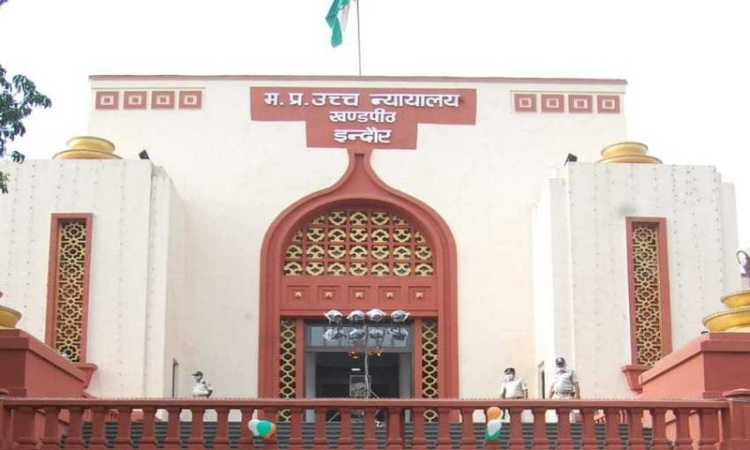Rotation Of Reserved Seats In Municipal Wards Mandatory & Not Discretionary: Madhya Pradesh High Court
Zeeshan Thomas
11 Jan 2022 6:41 PM IST

Next Story
11 Jan 2022 6:41 PM IST
Interpreting the provisions under Article 243-T of the Constitution, read with the procedure prescribed as per the state election laws, the Indore Bench of the Madhya Pradesh High Court has held that the process of "Rotation of Wards" in Municipalities is mandatory and not up to the discretion of the state government. Justice Subodh Abhayakar was essentially dealing with a Writ...
